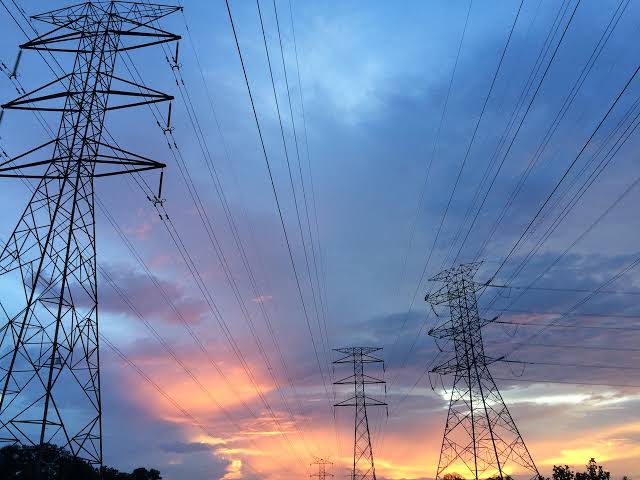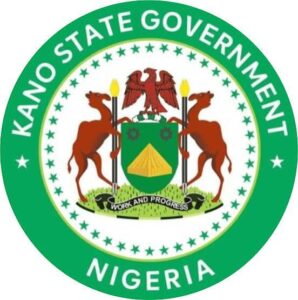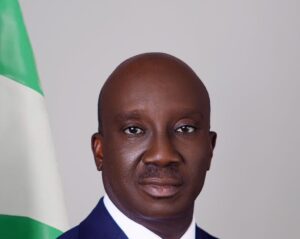The Federal Government may be preparing to take back control of Nigeria’s 11 electricity distribution companies (Discos) under a sweeping amendment to the Electricity Act, now under review in the National Assembly.
The proposed law, led by Senator Enyinnaya Abaribe, pushes for tougher measures against underperforming Discos—warning that operators who fail to inject fresh capital within 12 months of the bill’s passage may face share dilution, regulatory takeover, or outright re-privatisation.
The amendment, which has cleared second reading, empowers the Nigerian Electricity Regulatory Commission (NERC) to enforce compliance, putting new pressure on core investors in the power distribution sector. The changes are meant to fill regulatory gaps in the 2023 Electricity Act and restructure a sector still burdened by debt and unreliable service delivery.
If passed, the new law mandates the creation of a comprehensive financing framework for Nigeria’s electricity supply industry (NESI) within a year. The plan would focus on attracting long-term local investments, reducing reliance on fuel-powered generators, and ending unstructured electricity subsidies.
The amendment has stirred strong reactions from stakeholders. Power experts argue that the bill’s intentions are good, but urge the government to settle legacy debts and introduce cost-reflective tariffs before enforcing recapitalisation. Some are also calling for a more flexible timeline—24 months instead of 12—to avoid a repeat of past reform failures.
Minister of Power, Adebayo Adelabu, has previously expressed dissatisfaction with the Discos’ performance, noting that despite huge government spending, millions of Nigerians still live without reliable power. “If you can’t invest, step aside for those who will,” he said at a recent briefing.
In response, a Disco official who spoke anonymously acknowledged that once the law is passed, all stakeholders must comply. The official also welcomed the expanded authority given to NERC, saying the commission’s strengthened oversight would support broader reforms.
The proposed changes also task the government and states with clarifying their equity stakes in the Discos and contributing accordingly. Incentives such as tax breaks are expected to attract fresh investors and prevent further collapse of the sector.
Industry analysts, however, warn against pushing policies without groundwork. “It’s not about making new laws. We need to first resolve issues like subsidy debt before demanding capital from investors,” said energy analyst Habu Sadiek.
As debate continues, the Ministry of Power has begun pilot reforms with two struggling Discos—one in the North and one in the South. This restructuring, backed by the Japanese International Cooperation Agency, is expected to wrap up by August.
With growing calls for accountability, the Electricity Amendment Bill could mark a turning point for Nigeria’s power sector—if it balances urgency with financial realism.











